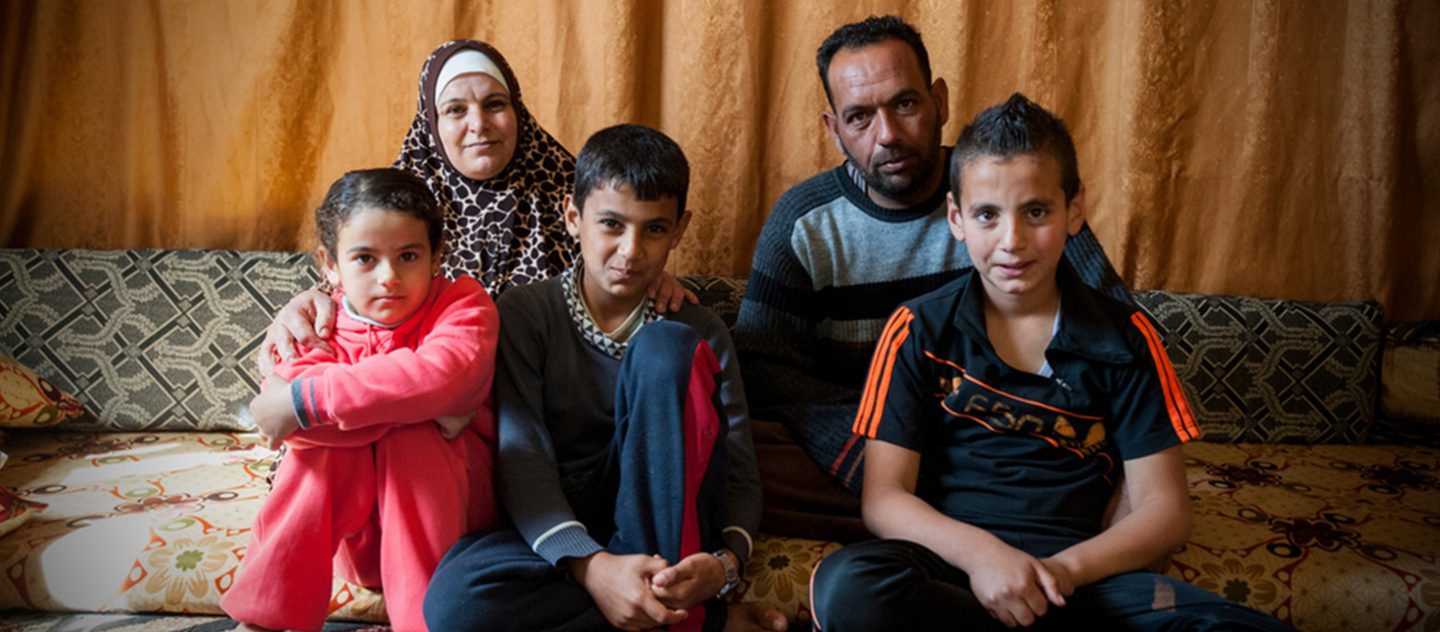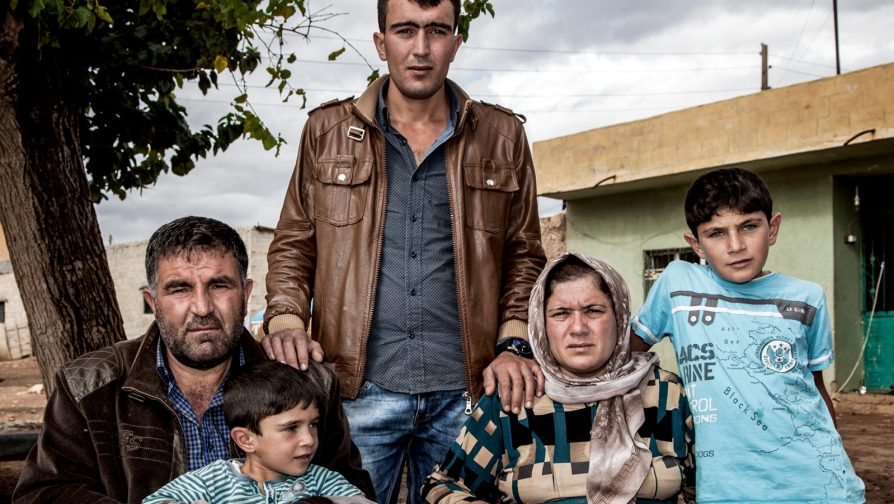Governments normally guarantee the basic human rights and physical security of their citizens. But when people become refugees this safety net disappears.
Refugees fleeing war or persecution can be very vulnerable. They have no protection from their own state and it is often their own government that is persecuting them. If other countries do not let them in or protect them, they may be condemned to an intolerable situation where their basic rights, security and even their lives are in danger.
At UNHCR, we seek to uphold the basic human rights of uprooted people in their countries of asylum, ensuring that refugees will not be returned involuntarily to a country where they could face persecution. Longer term, we also help refugees find solutions, by repatriating voluntarily to their homeland, integrating in countries of asylum or resettling in third countries.
Promoting Refugee Protection
Our activities to promote refugee protection include:
- Promoting accession to the 1951 Convention relating to the Status of Refugees and its 1967 Protocol, to the 1954 Convention relating to the Status of Stateless Persons and to the 1961 Convention on the Reduction of Statelessness. In 1999, UNHCR launched a campaign to promote accession to the 1951 Convention that culminated on its 50th anniversary in July 2001 and finally at the Ministerial Meeting of States Parties to the 1951 Convention on 12 and 13 December 2001.
- Assisting States to enact or revise national refugee legislation, including administrative instructions and operational guidelines, and to implement national refugee status determination procedures.
- Strengthening relevant administrative and judicial institutions, training staff of government and non-governmental agencies, and liaising with relevant human rights bodies.


